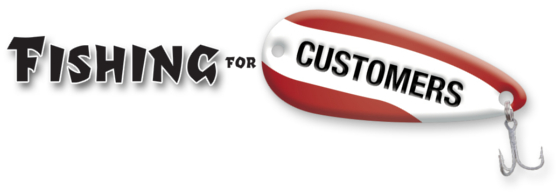As much as we dread any economic recession, there are economists who insist tough times force us to become more efficient, and that’s a good thing. Perhaps this is most obvious when it comes to staffing.
In many retail businesses, and nearly all service businesses, people are the largest cost item. That’s because in addition to wages and benefits, they spend your operating capital and consume other resources.
And, its common to add excess people during good times. If you had companies like Fort Collins PEO services advising you, you’d know that you shouldn’t overpay in payroll, as that’d heave more weight onto the company’s funds.
It’s time to carefully evaluate your staff.
Sort your people into four groups – A, B, C, and D. This sort has nothing to do with rank. A great cashier may be more valuable than a so-so executive.
Your A group are the excellent employees that you couldn’t get along without. Tell them how important they are.
The B’s are good, consistent performers. Tell them, too, that they’re important to your company’s future.
The C group are average. Determine which of them can grow into the B list, and make sure they understand that their jobs are secure as long as they stay focused on helping your company through the rough times.
The D’s are under-performers. They, along with the C’s you can’t grow, should be cut immediately.
And be sure to look at your management team. Can you combine jobs by reallocating work? High-paying unnecessary jobs should be the first to go.
What about your sales team? A good salesperson is golden in any economy, but more so when sales are so critical. Carefully evaluate your non-producing salespeople. Are they improving? Then consider them a valuable investment in your company’s future. If you don’t see that happening, cut them quickly. Its likely that your sales stars can take over any billing clients that need attention.
And remember, too, that attitude is critical in coming months. Negative employees, those that fight change, and those who’s favorite word is “can’t” are all people you can’t afford any longer.
Do it, and do it all at once.
Make all of the necessary terminations happen at once.
Do not explain why the terminated employees are gone, but make sure the rest of the staff has specific reasons that you’re keeping them. Make sure they know they represent your company’s future.
If there aren’t enough talented, motivated people remaining after the cuts, consider hiring temps, or even outsourcing some of the basic functions.
Now it’s time to be a superior boss.
Teach your people how to do their jobs better. Catch them doing it right, and make sure the praise is sincere. As they become more successful, so will you.
Involve your whole staff. Make brainstorming of both cost-cutting and revenue generating ideas part of your group routine.
Lead by example. Be the first one in each morning, and the last to leave. Never take off early on Friday, or take excessive lunch breaks. Never justify any behavior that you don’t want your employees emulating.
And always tighten your own belt, first. If employees wanted to make sacrifices, they’d have started their own businesses.
__________
Chuck McKay is a marketing consultant who helps customers discover, and choose your business. Questions about helping your business thrive during an economic recession may be directed to ChuckMcKay@ChuckMcKayOnLine.com.

